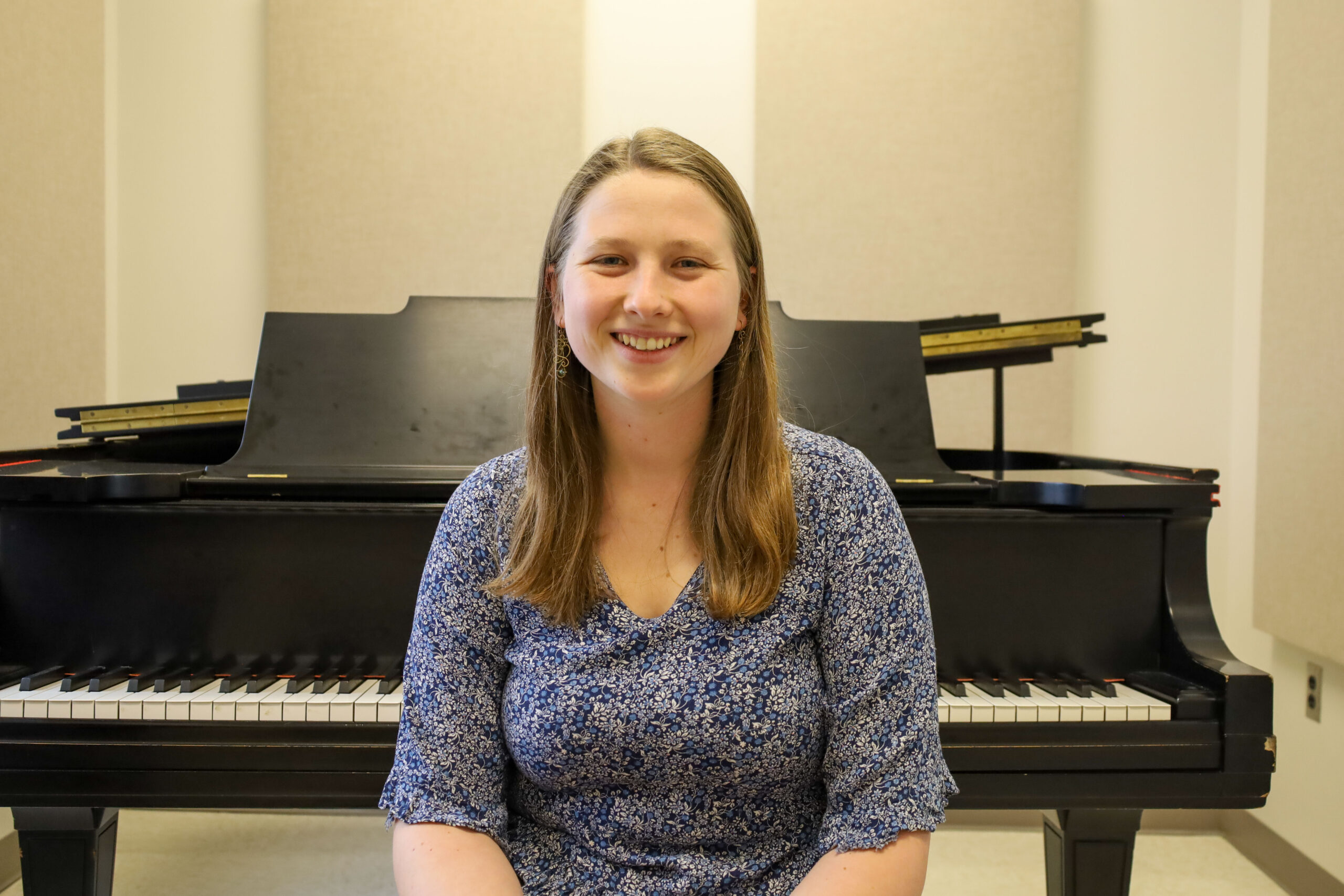Last week, I got arrested. Those who know me are surprised by this information. I’m not one to break rules, and especially not laws. So how then did I end up with my hands zip-tied behind my back in a paddywagon? Well, the short answer is that I was embracing my identity as a Mennonite.
In my experience, the Mennonite identity is complex. My Mennonite upbringing is part of the reason why I follow the rules. I was taught that my actions should benefit the greater community, and for much of my life that meant being quiet, keeping my opinions to myself and keeping everyone happy.However, as I’ve gotten older, I’ve begun to question that view of Mennonites and peacemaking. How does staying quiet about the issues that I am passionate about make the world a better place? I think that it actually makes me a willing bystander to the injustices of the world.
How then do I embrace other parts of my Mennonite identity: our history as a radical people who chose to publicly argue against long-held social and political ideas at the cost of persecution and death, like my great-grandpa who was so committed to non-violence that he refused to fight in World War I and was thrown in jail?
Along with much of the world, I have felt shock and grief as I listen to the death toll rise in the Gaza Strip. I visited Israel and Palestine last May with a group of Goshen College students. We learned about the complicated history of the relationship between Israel and Palestine, and we talked to Palestinians about their experiences living under occupation.
I returned heavy with the stories I had heard but invigorated to advocate for an end to the occupation, an occupation that my country was supporting politically and financially. The attacks by Hamas on Oct. 7 and the continuous violence since then in Gaza have been heartwrenching.
When I heard that our family friend from Gaza had lost one sister, suffocated from the bombings, I didn’t know how to respond to the tragedy. When I heard that he had lost two more sisters, assassinated by snipers as they looked for safety, I felt frozen by the paradox of continuing with my everyday life while others were going through the unimaginable pain of losing their families, their houses and their land — their home.
I refuse to pretend like my life can stay the same here in Goshen when there is such destruction happening around me. The least I can do is disrupt the false sense of normalcy and finally raise my voice in protest. That is why I joined about 350 other Mennonites in Washington, D.C., with a group called Mennonite Action.
I sat with 134 other Mennonites in the Cannon building on Capitol Hill as we sang hymns and called for a permanent ceasefire, the release of all hostages and an end to the occupation. We sang the words “Let the fires of your justice burn. Wipe away all tears for the dawn draws near and the world is about to turn,” from a beloved hymn “My Soul Cries Out.” The beautiful four-part harmony gained new meaning for me as it reverberated around the walls of the Cannon rotunda.
I now know what it means to me to be Mennonite. Being Mennonite is joining in community and in song to nonviolently act for justice. It means walking alongside the Jewish, Muslim and Palestinian voices that are already doing this work. It means being kind to those around you, but also challenging them when they say something hateful or offensive.
It means continuing to advocate for true peace, which is not just the absence of violence but the presence of justice, long after the media moves on and Instagram latches onto a new story.
One peaceful demonstration isn’t going to stop the bombings in Gaza. Still, I believe in the power of nonviolent action, and I know that the actions of Mennonites on Jan. 16 are part of a larger movement that will influence some to reconsider their staunch support of the State of Israel and their dismissal of the violence in Gaza.
I’m going to keep using my voice and start disagreeing with people when necessary, because I want to be a part of this movement. I want to walk with so many other people who are looking for a way to stop feeling frozen by despair and start taking action.
As another one of my favorite hymns says (number 790 in “Voices Together” if you want to sing along): “None can stop the Spirit burning now inside us. We will shape the future. We will not be silent!”
Let us not be silent.



